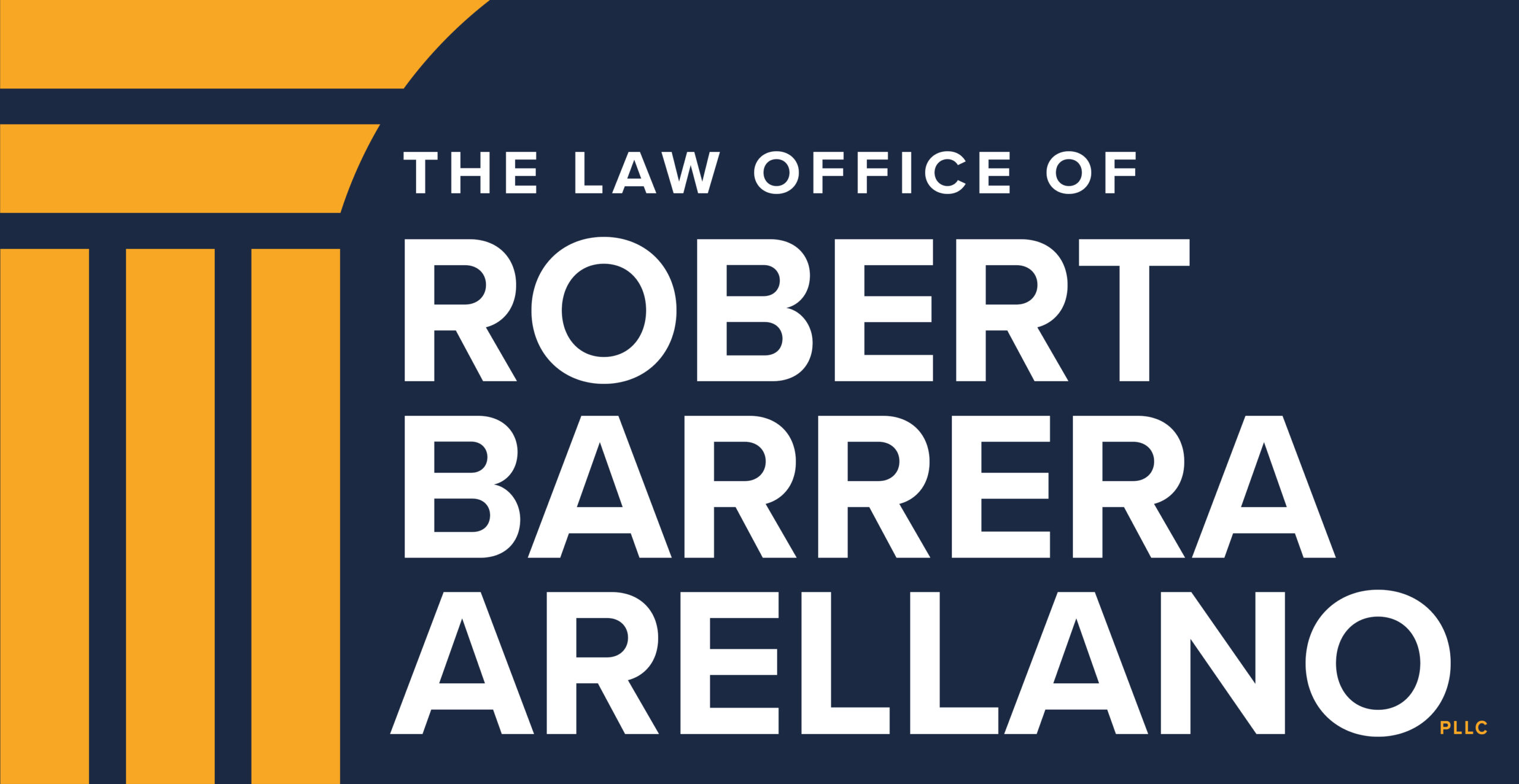
DWI Blog
Before we dive into the fines, let’s clarify the legal definitions of DWI and DUI in Texas.
If you are convicted of DWI in Texas, the fines can be significant.
DUI penalties also vary depending on the circumstances and the driver’s prior history.
In addition to criminal penalties, DWI and DUI convictions in Texas can lead to civil penalties as well.
Several factors can affect the severity of the penalties for DWI and DUI convictions in Texas.
Fines are just the tip of the iceberg when it comes to the consequences of a DWI or DUI conviction in Texas.
A DWI or DUI conviction can have a long-term impact on your driving record.
While facing a DWI or DUI charge in Texas is serious, there are legal defenses that can help reduce the penalties.
If you find yourself arrested for DWI or DUI in Texas, it’s important to stay calm and take the right steps.
A skilled attorney can make a significant difference in the outcome of your case.
If your case goes to trial, here’s what to expect.
Prevention is the best way to avoid DWI or DUI charges.
Understanding the fines and penalties for DWI and DUI convictions in Texas can help you make better decisions. If you’re arrested, having the right legal help can make a world of difference. Stay safe, stay informed, and if you ever find yourself in trouble, reach out to The Law Office of Robert Barrera Arellano to get the help you need.
If you’re facing DWI or DUI charges, don’t hesitate to contact The Law Office of Robert Barrera Arellano for expert legal representation.

The primary difference between DWI (Driving While Intoxicated) and DUI (Driving Under the Influence) in Texas lies in the type of impairment. DWI refers to driving with a blood alcohol content (BAC) of 0.08% or higher, or driving under the influence of drugs or alcohol to the point that it impairs your ability to drive safely. DUI, however, typically applies to minors (under 21) who are caught driving with any detectable alcohol or drugs in their system, regardless of whether their BAC is 0.08% or higher.
For a first-time DWI offense in Texas, the penalties may include fines up to $2,000, up to 180 days in jail, probation, community service, and mandatory alcohol education classes. The exact penalties depend on factors like BAC levels and whether aggravating circumstances (like accidents) were involved.
Yes, you can lose your license if you are convicted of DUI in Texas. A DUI conviction typically results in a temporary license suspension. If you are a repeat offender or if there are aggravating factors, such as having a child passenger in the car, the suspension can be extended or even lead to a permanent revocation of your driving privileges.
A lawyer can be crucial in defending you against DWI or DUI charges by helping you navigate the legal process, challenging the evidence against you, and ensuring your rights are protected. An experienced attorney can negotiate for reduced penalties or even seek to have the charges reduced or dismissed, depending on the circumstances of your case.
If you are arrested for DWI or DUI in Texas, it’s important to stay calm and cooperate with law enforcement. Make sure to contact an experienced lawyer as soon as possible to ensure your rights are protected. Avoid making any statements that could be used against you, and remember that having legal representation can make a significant difference in the outcome of your case.